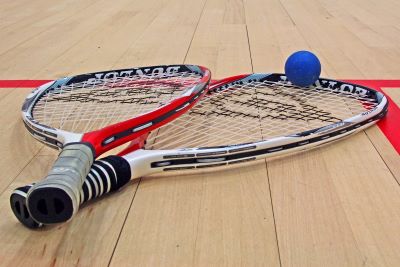Racketball (Squash57)

If you love traditional squash but want longer rallies and to be able to play the game at a slower pace, Racketball (aka Squash57) is perfect for you. Played on a standard squash court, all you need to play Racketball is a slightly larger racket and a bigger, bouncier ball - which encourages an easy to adopt form of squash. Although Racketball may be considered a 'lighter' version of the game, it is great fun, offers a great workout and is ideal for beginners, those advancing in years or anyone wanting something a little different.
Racketball equipment
Racketball is played on a squash court, you just need to have a Racketball racket and ball which you can buy from Pro Shops, or your local club may have equipment available you can borrow. There are two types of Racketball balls – blue and black. Blue balls are slightly bouncier, so ideal for recreational play or beginners. Black balls are less bouncy, and are used mainly in events such as Championship events. If, after a few games, you find the blue ball too easy, you can then progress to using a black ball.
The larger squash equipment makes it easier for beginners and less mobile players to pick up the skills and have fun. Squash NZ has a special deal available for clubs wanting to offer Racketball to players - for only $399.00 + shipping, a club can get 6 Dunlop Blackstorm Racketball rackets and 9 Racketball balls (6 x Pro, 3 x Competition).
Club Racketball Kit Offer
Club Order Form

Rules
The great thing about Racketball is the rules are very similar to Squash, with a few minor variations around the serve.
The main points to note are;
- Before being served, the ball must be dropped so it bounces once
- The ball must be served directly onto the front wall between the tin and the out of court (top) line. Unlike squash it doesn't have to be above the service line on the front wall.
- On its return from the front wall the ball must, unless volleyed by the receiver, fall to the floor within the back quarter of the court opposite to the service box before hitting the back wall. If the served ball hits the back wall and the floor in the appropriate back quarter at the same time then the serve is good
- If the serve hits the back wall before hitting the floor or hits the floor outside of the appropriate back quarter and the receiver tries to play the ball then the service becomes good and the rally continues. If the receiver does not try to play the ball/fault then the server has a 2nd serve. [Note: unlike squash, there is a 2nd serve in Racketball]. If the second service is fault then this is now immediately a 'double fault' and the receiver wins the point
World Squash Federation rules of Racketball (Squash57) (PDF)
Racketball Rules Poster (PDF)
Racketball Doubles
While there are only a few variations between the singles versions of Squash and Racketball, Racketball Doubles carries a few additional differences - mostly notably all players play alternate shots. This means all players are involved in the game for equal amounts of time and brings new strategies to the game.
Key points to note are;
Server
Each team nominates its server for the first game. That player serves for the whole of game one and game three in a five-game match. The other player serves for game two and game four (if played). In the final game (3rd or 5th) when the first side's score reaches 5 if playing up to 11, or “7” if playing up to 15, the server changes for both teams
Return of Service and Subsequent Play
At the beginning of each game, each team decides which one of its players to receive service in the right-hand service court and which in the left-hand service court for the whole of that game. When the ball is being served, only the Receiver may stand in the service court opposite the server. The order of striking shall be: Server, Receiver, the Server's partner, the Receiver's partner and so on
Let
If a player is hindered by their own partner, there is no let and the rally is lost
Looking to offer Racketball at your club?
Find all the resources and templates you need to successfully offer Racketball at your club right here. We'll be continuning to add items regularly.
Club Info Kit
Participation Ideas
Demo Nights – invite players along to try it out for free. Have equipment available and current members there to help out. You can also incorporate it into your regular club nights and have one court running just for Racketball
Racketball Programmes – the UK Racketball website has a great selection of session ideas from Beginner Racketball to Intermediate/Advanced, to Ladies Only sessions
Business House – run a 4-6 week competition and invite players to form their own teams to participate. You can use any combination of team numbers and scoring methods. To keep it simple have three players per team, and best of 3 PAR11 scoring
Fast 8 Draw – this is a mini-tournament played out over two to three hours. Make a standard 8 draw with all matches being best of 3, PAR8 (sudden death point at 7-7). All players will get 3 matches in this quickfire format
Doubles – twice as social, twice the fun! Just remember Racketball doubles is played alternate shot - check out the video in the Racketball Doubles section above to see it in action
Case Study - Club K
Posters
How to Play Racketball
Editable Club Info Poster
Frequently asked questions
How will Racketball help me play traditional squash?
Racketball is a great way to learn the basics of squash as the ball is bouncier which means players of any ability can get a rally going straight away. The easier pace of Racketball allows you more time to practice and can mean less recovery time between matches and more time on the court. If, after a few games, you find the Racketball ball too slow we suggest advancing to using a black squash ball.
What do I need for Racketball?
As Racketball is played on a squash court you just need to have a Racketball racket and ball which you can buy from Pro Shops, or your local club may have equipment available you can borrow. You'll also need comfortable workout clothes and non-marking shoes.
How experienced do I need to be?
The great news is that Racketball can be for people who have never played before, those who have received some basic coaching, those who are advancing in years or participants returning after a long absence. It only takes a few sessions before you will start to feel comfortable on the court so don’t give up!
How can I get a Racketball programme in my club?
We're looking for people to help us grow Racketball participation opportunities around New Zealand. Simply get in touch with us and we can provide you with all the advice and resources you need.
Ready for action?
Locate your nearest squash court here .

Want to be featured in The Boast?
Email admin@squashnz.co.nz with stories from your club or district to be featured in the next edition of The Boast.
lock
Sign Up
Why sign up?- Get access to Registered User's priviledges, which may include hidden pages, special features and special pricing, if they exist, on this website.
- Get access to all sites powered by Woo without having to enter your details everytime.
Sign In
Email Address (Woo ID) Password Forgot Your Password?User Name or Password is incorrect.
What is a Woo ID help
Powered by: Woo | Created by Te Matau














